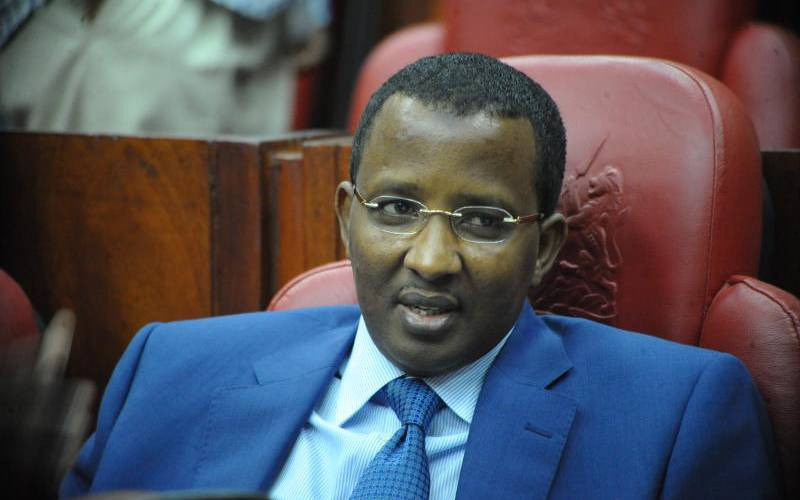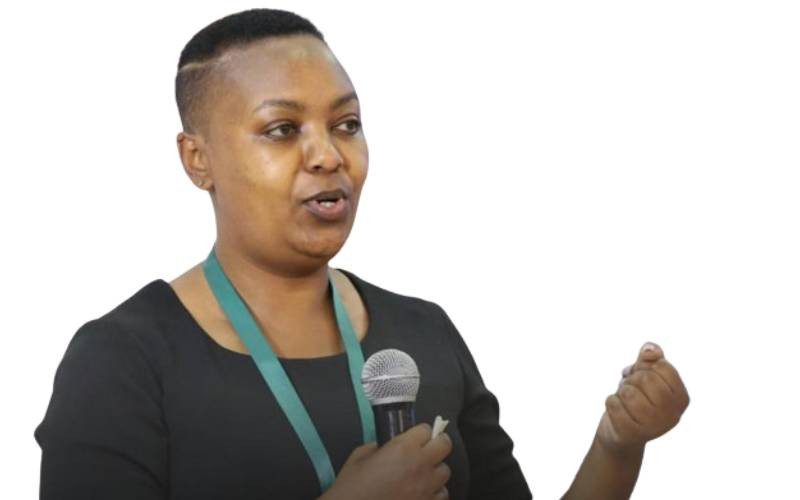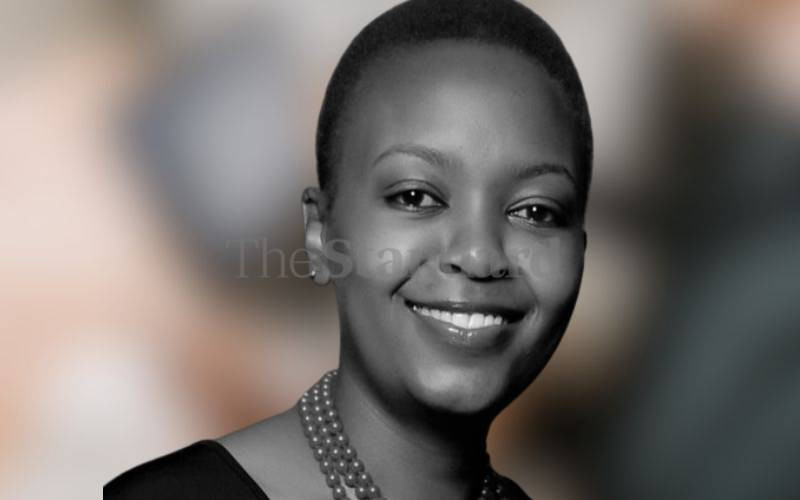
Court of Appeal judge Otieno Odek (pictured) died as a result of a blood clot on his right leg, postmortem results has revealed.
Yesterday, two pathologists examined the body of the judge, even as questions still lingered over what could have caused the blood clot.
According to Chief Government Pathologist Johansen Oduor, the judge had a clot of blood on one of the veins in his right leg, which blocked an artery and consequently choked the heart.
“We found a clot, and he died suddenly because of that. The blood clot blocked the pulmonary thromboembolism,” said Dr Oduor.
The postmortem took several hours in the morning, as family members and detectives waited patiently for the results. When the pathologists reemerged, they briefed the family about the cause of the death, with Oduor saying sitting for long hours could have contributed to the Prof Odek's death.
Oduor noted that blood clot in the leg could have also been caused by lack of exercise orchestrated by sitting for longer hours given for the nature of his work.
At the time of his death, the judge had a full in-tray, with a dozen high-profile cases, some which were due for judgments the week he died.
The day his body was found in his apartment his colleagues, Justices Asikhe Makhandia and Patrick Kiage, had arrived at the Court of Appeal in Kisumu, and had been waiting for him to proceed with court matters.
Justice Odek’s body was found at his apartment in Kisumu last week, and it was suspected that he might have died over the weekend. He was 56.
His driver, who had gone to pick him in the morning, could not reach the judge on his phone, and on checking his house, found the door locked from inside. His official car was still at the parking lot.
After reporting the incident to his seniors, who in turn engaged police, the house was broken into, only for the lifeless body of the judge to be found on his bed.
Last week, a planned postmortem on the body was called off following an intervention from the DCI, who advised that the process should not continue without a government pathologist.
Yesterday, his family members told The Standard they were yet to deliberate on the postmortem results, but were in the final stages of making preparations for burial.
Stay informed. Subscribe to our newsletter
 The Standard Group Plc is a
multi-media organization with investments in media platforms spanning newspaper
print operations, television, radio broadcasting, digital and online services. The
Standard Group is recognized as a leading multi-media house in Kenya with a key
influence in matters of national and international interest.
The Standard Group Plc is a
multi-media organization with investments in media platforms spanning newspaper
print operations, television, radio broadcasting, digital and online services. The
Standard Group is recognized as a leading multi-media house in Kenya with a key
influence in matters of national and international interest.
 The Standard Group Plc is a
multi-media organization with investments in media platforms spanning newspaper
print operations, television, radio broadcasting, digital and online services. The
Standard Group is recognized as a leading multi-media house in Kenya with a key
influence in matters of national and international interest.
The Standard Group Plc is a
multi-media organization with investments in media platforms spanning newspaper
print operations, television, radio broadcasting, digital and online services. The
Standard Group is recognized as a leading multi-media house in Kenya with a key
influence in matters of national and international interest.









